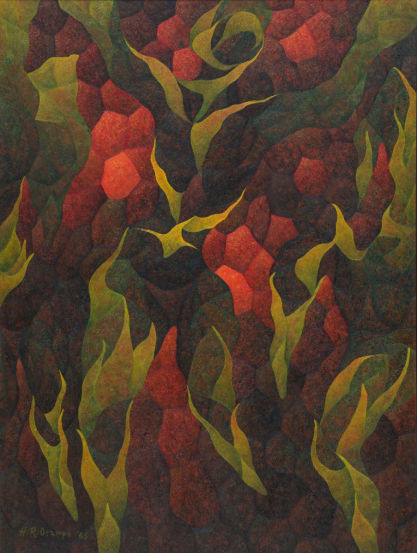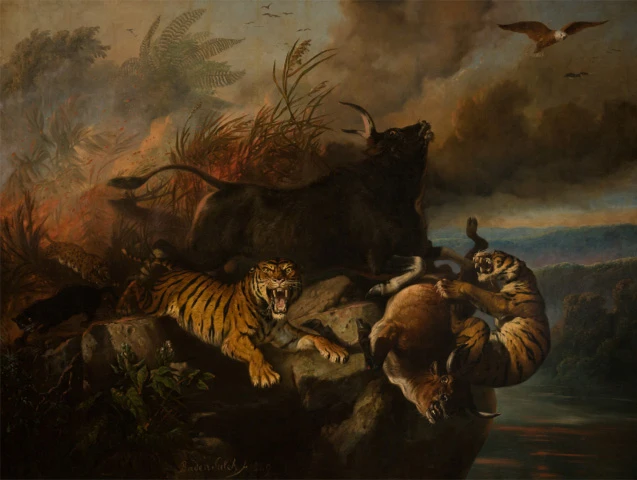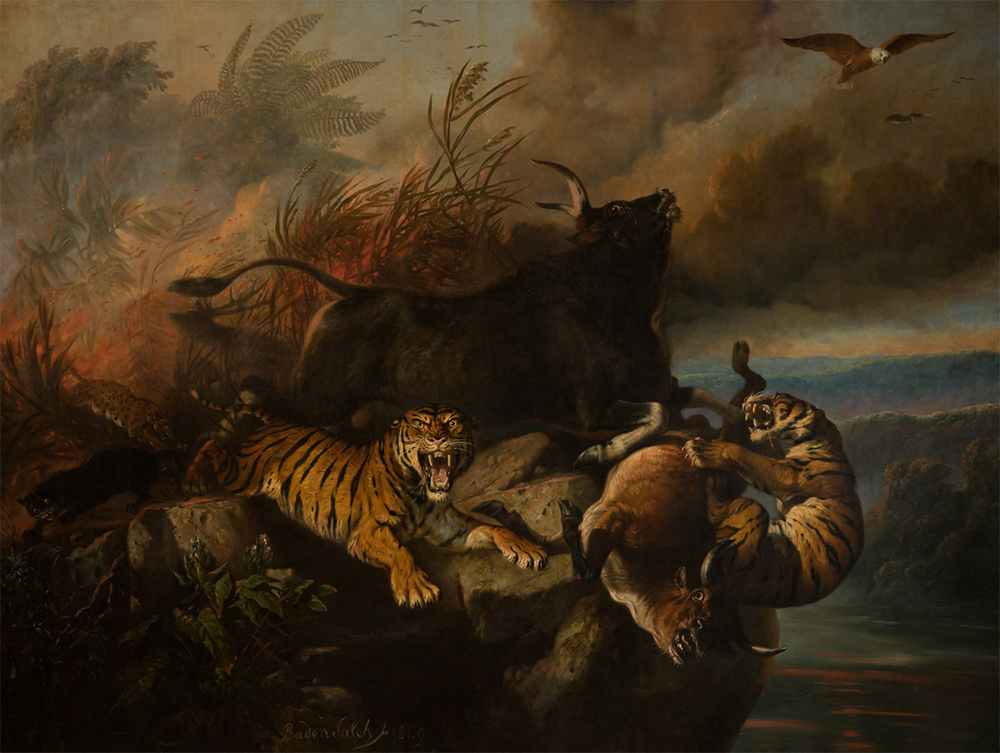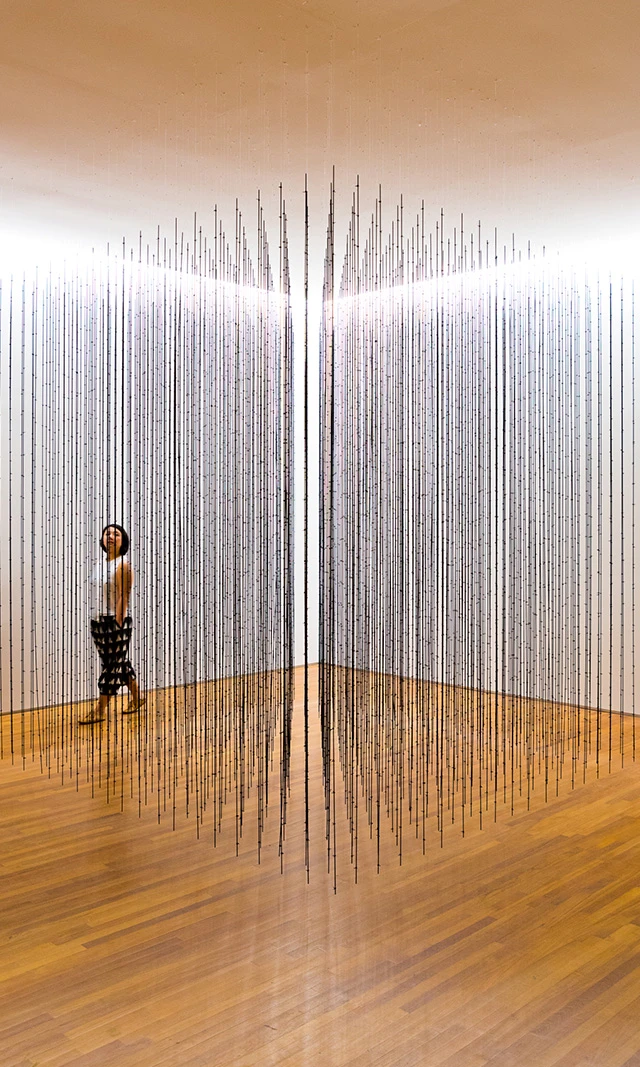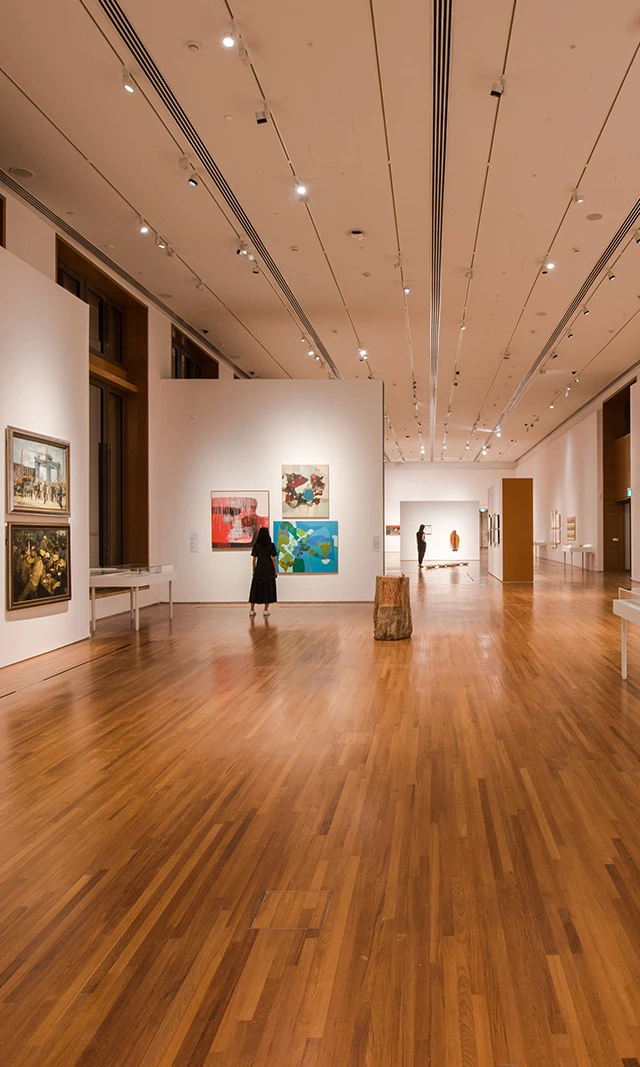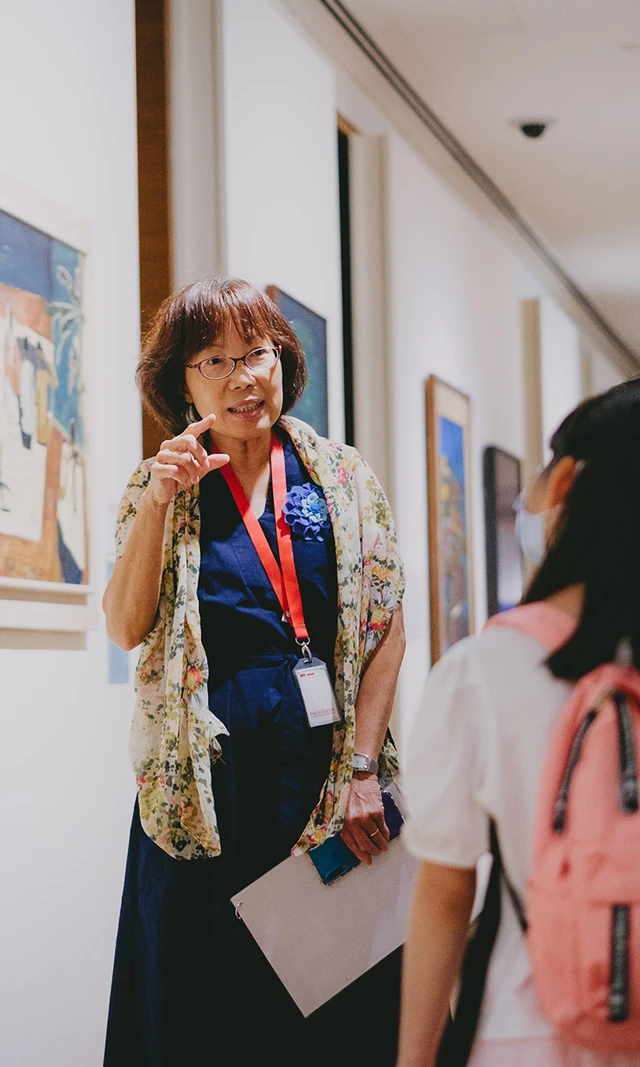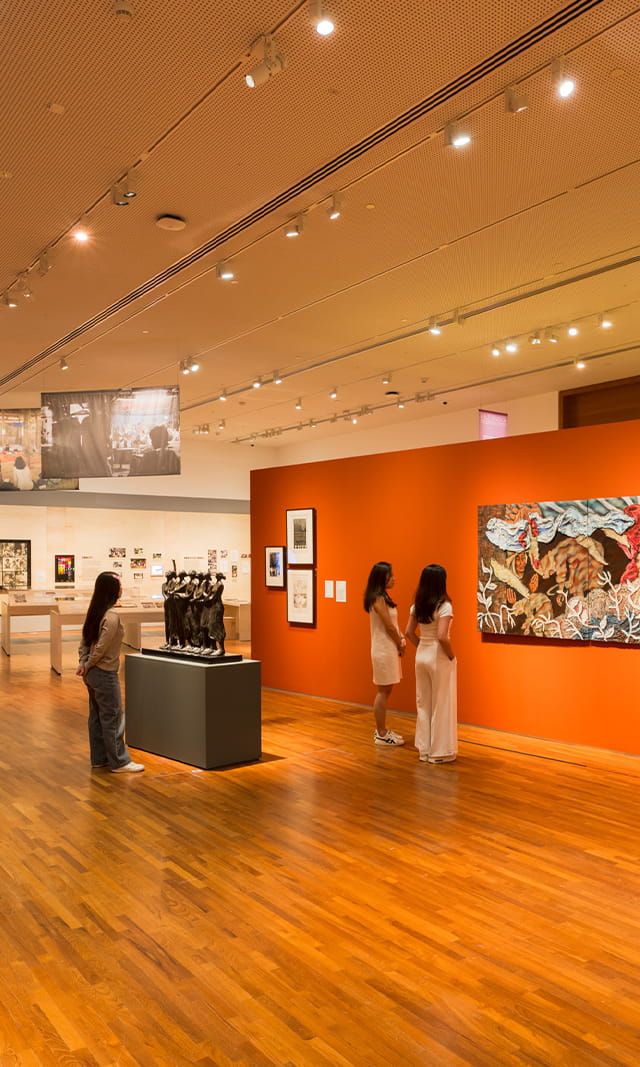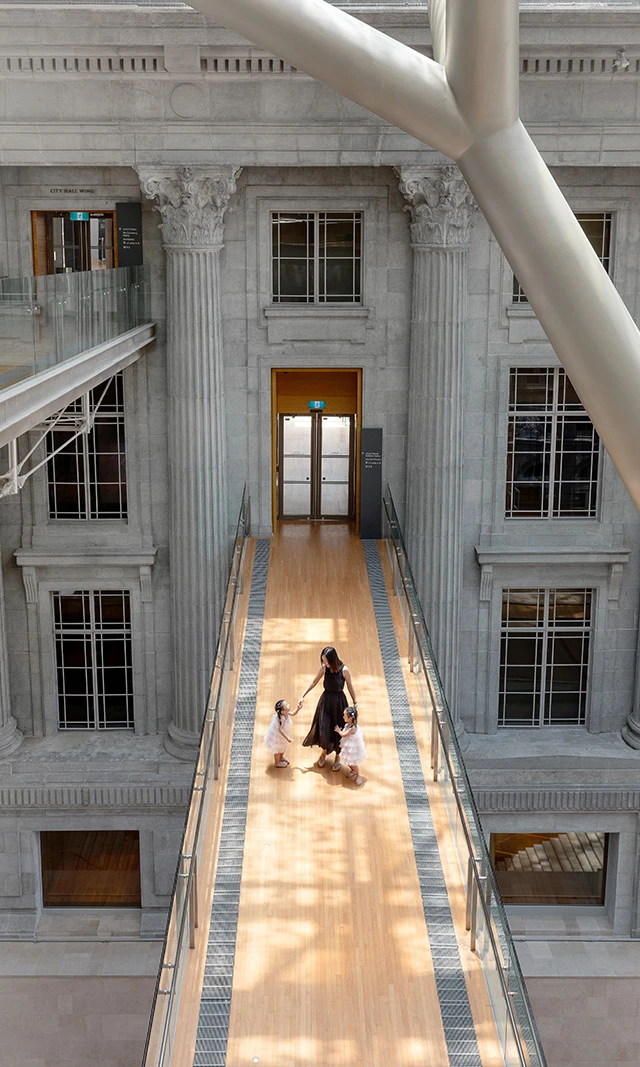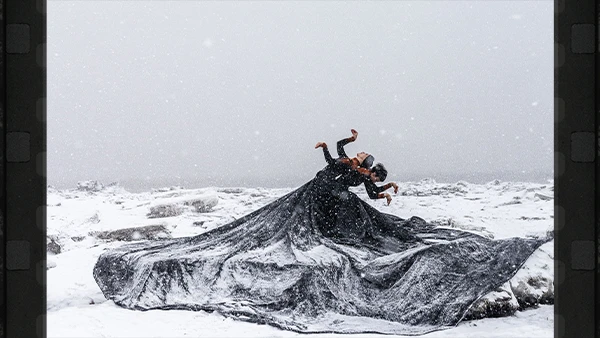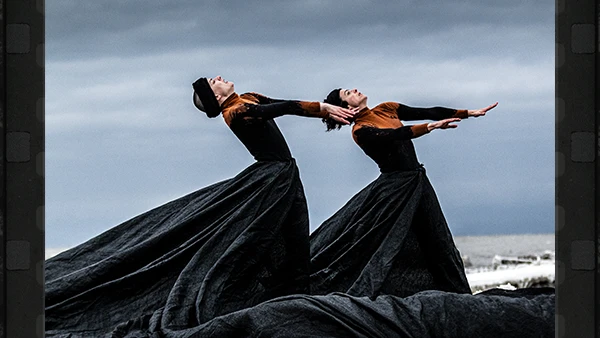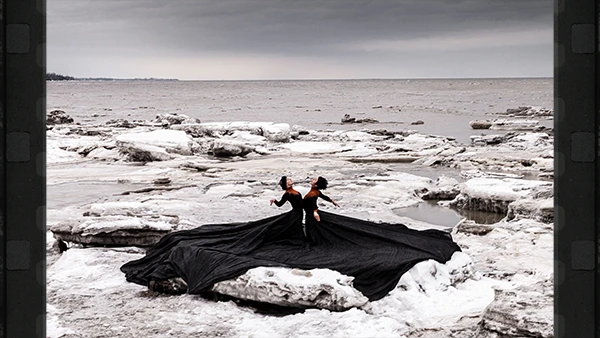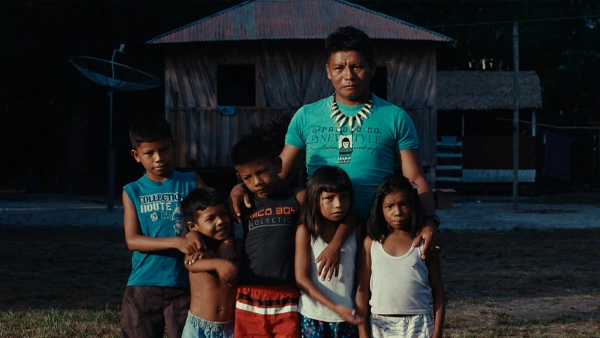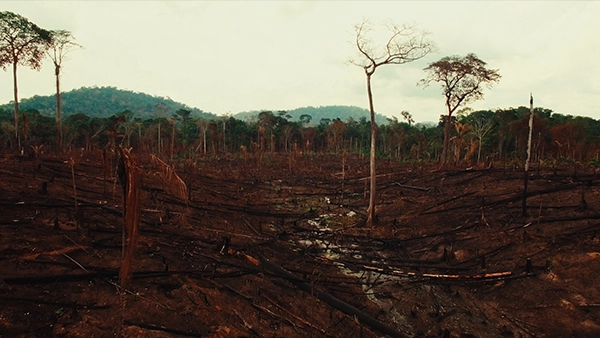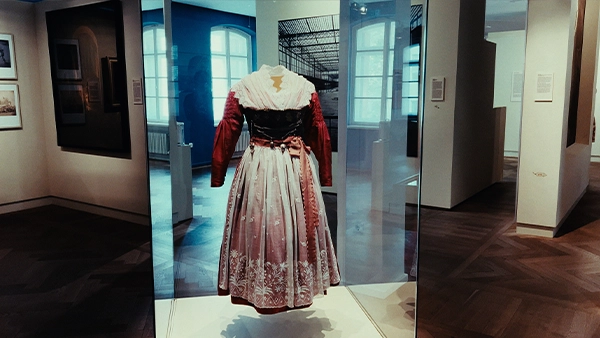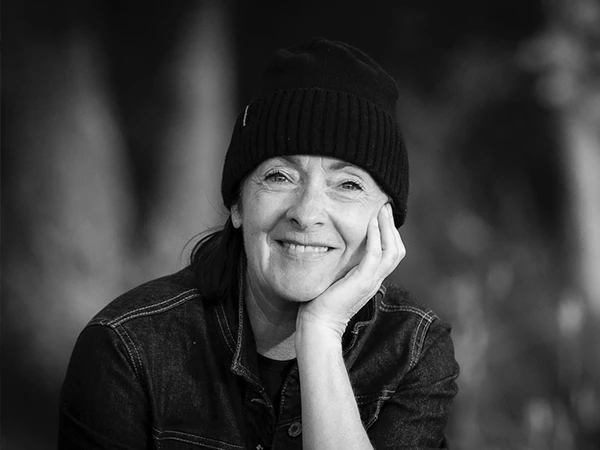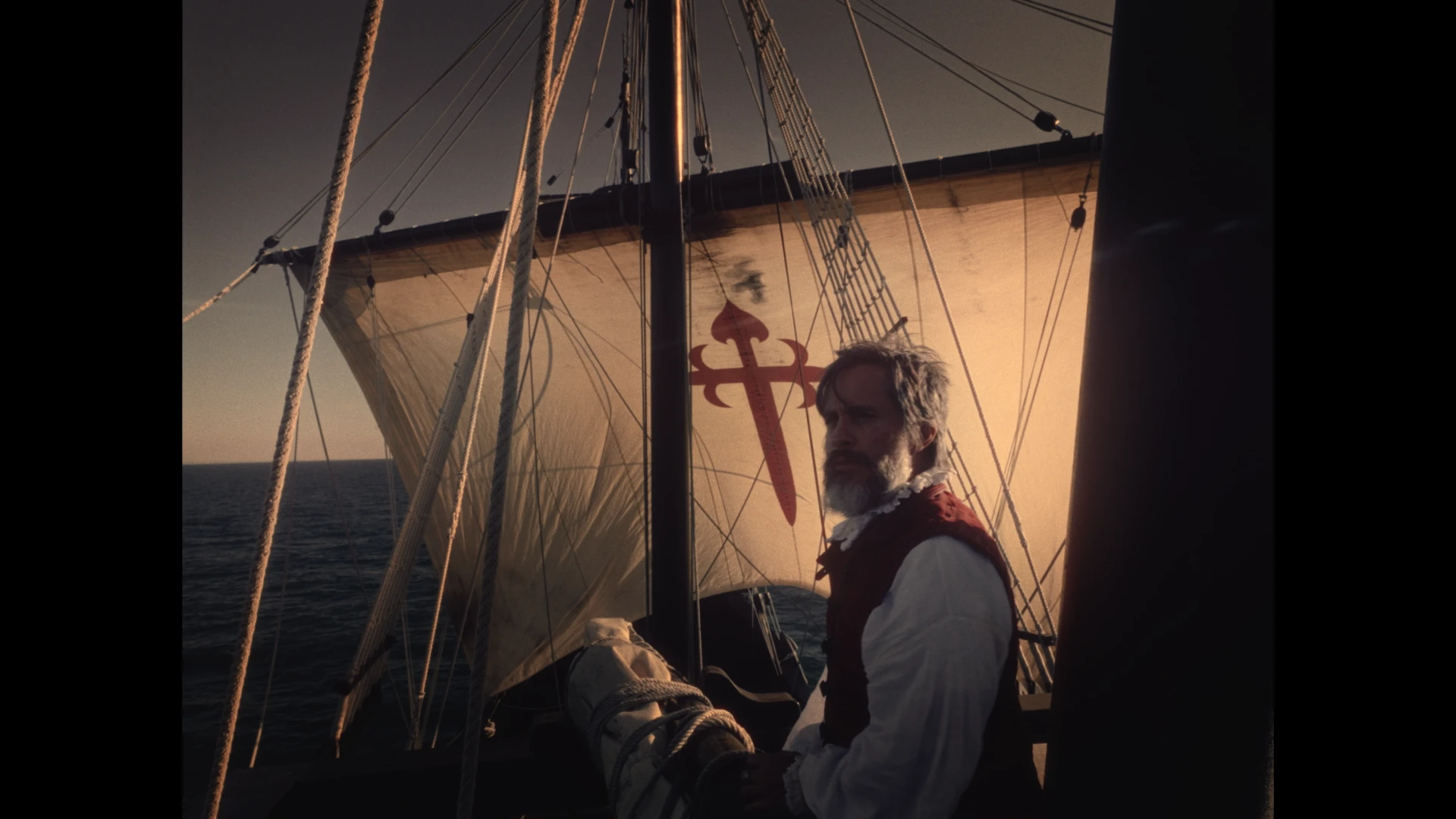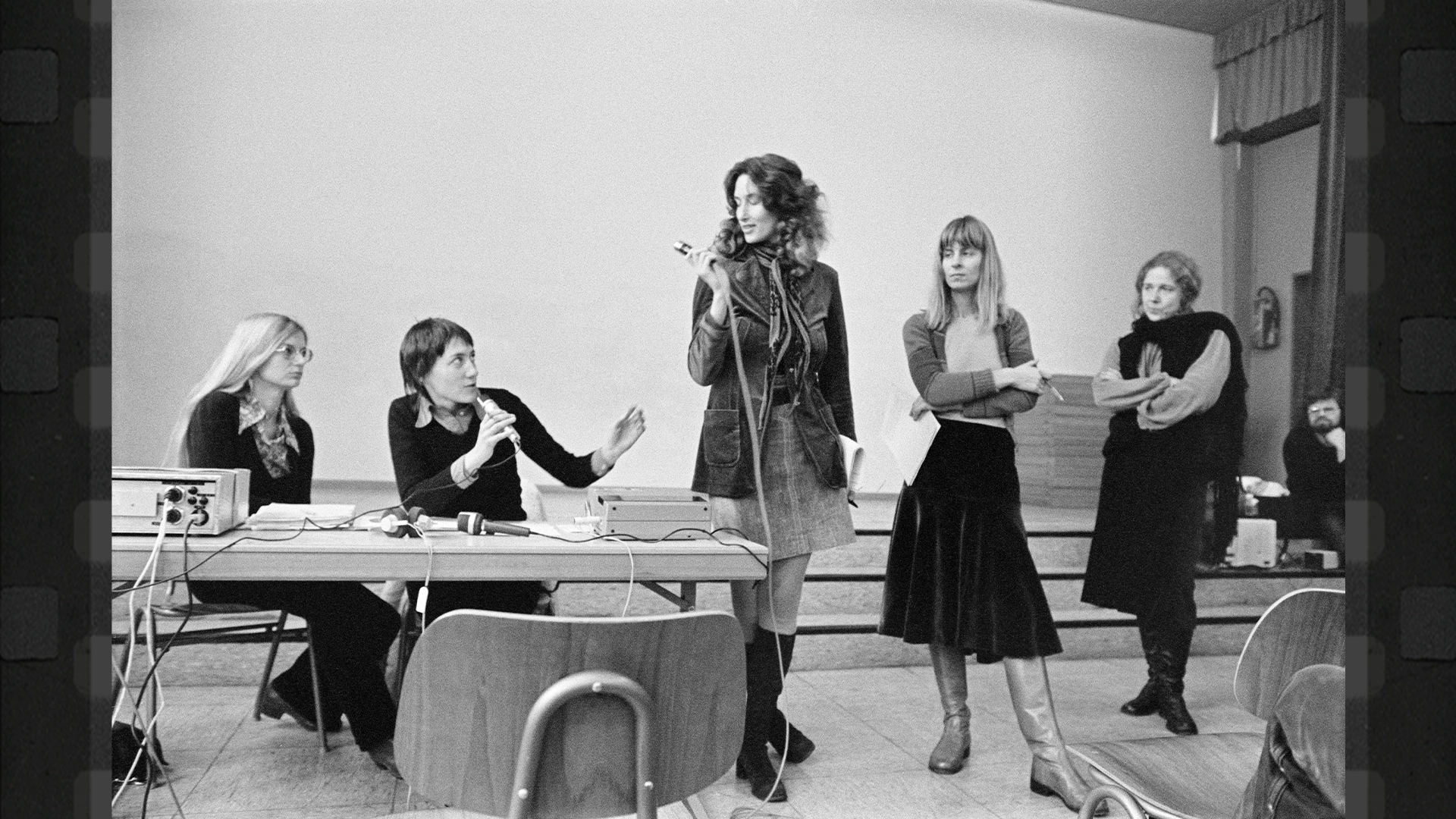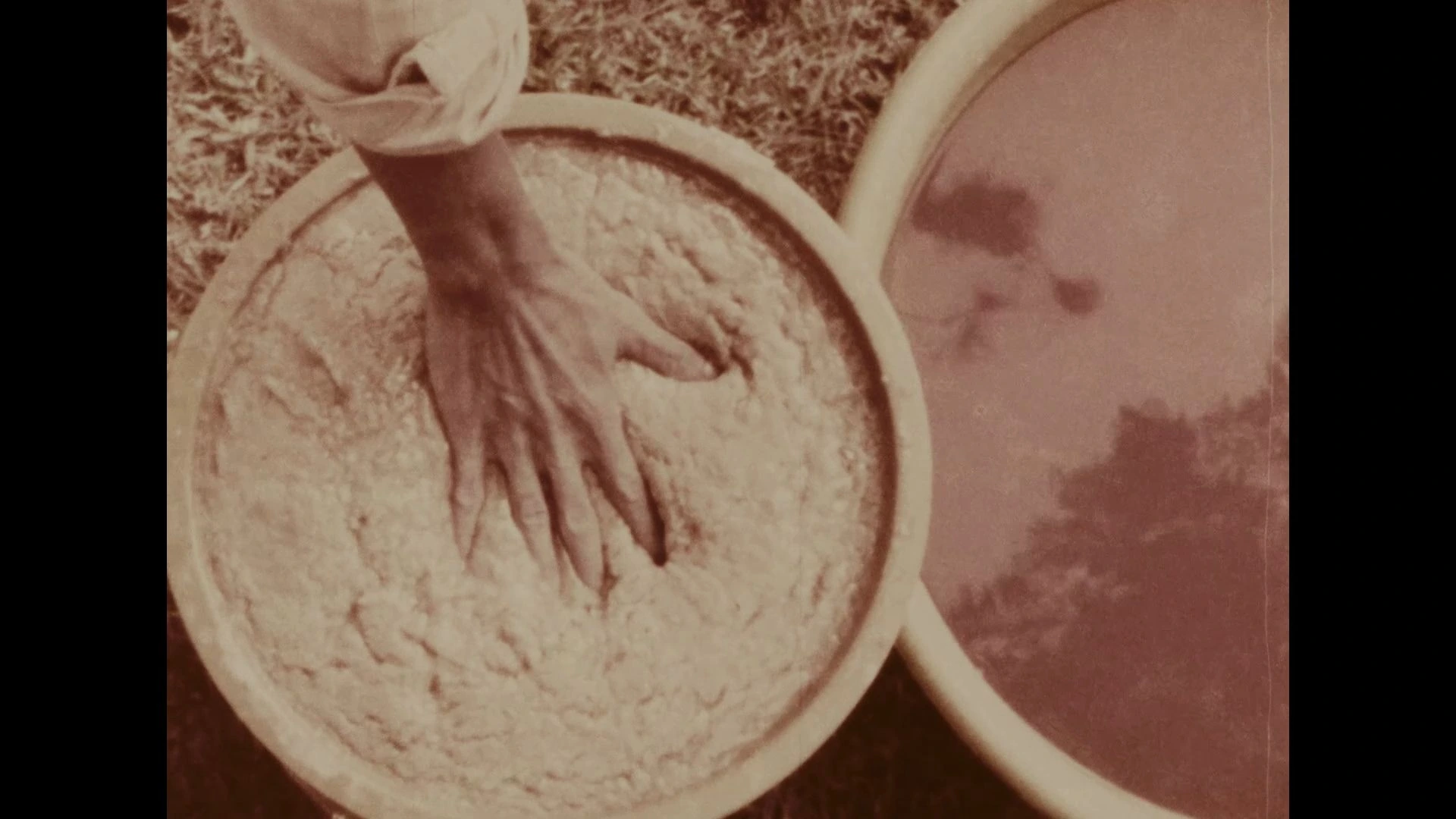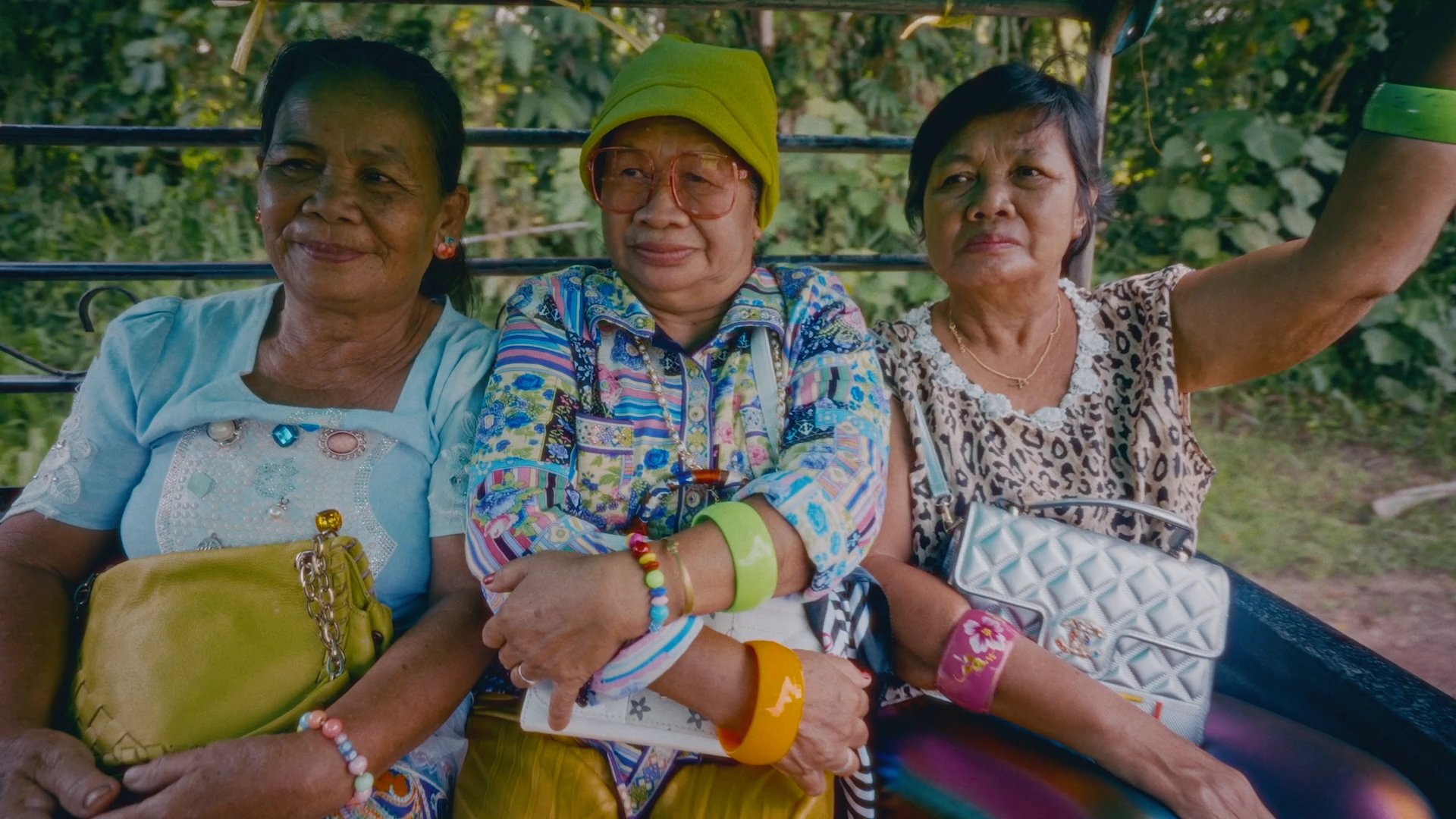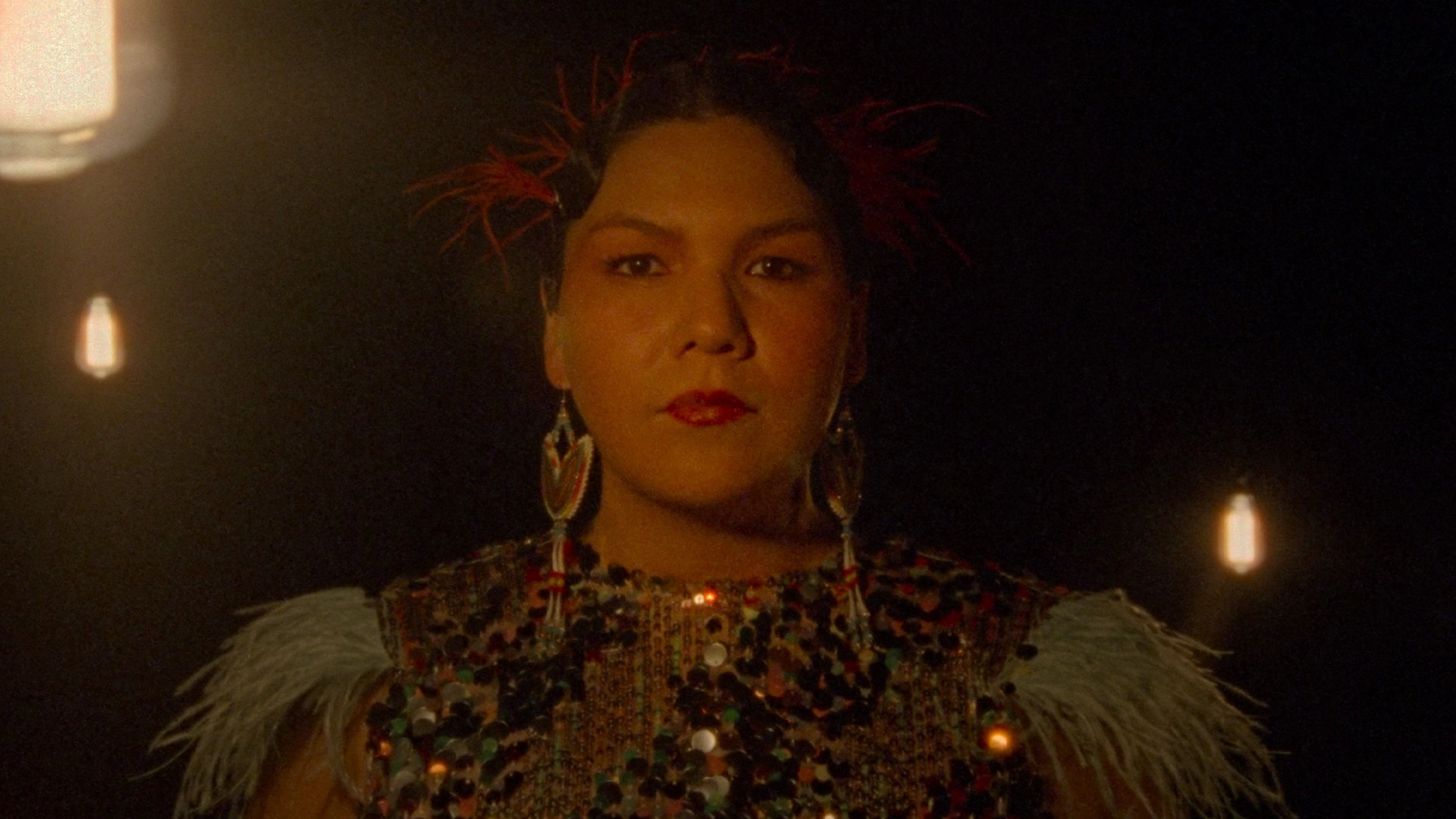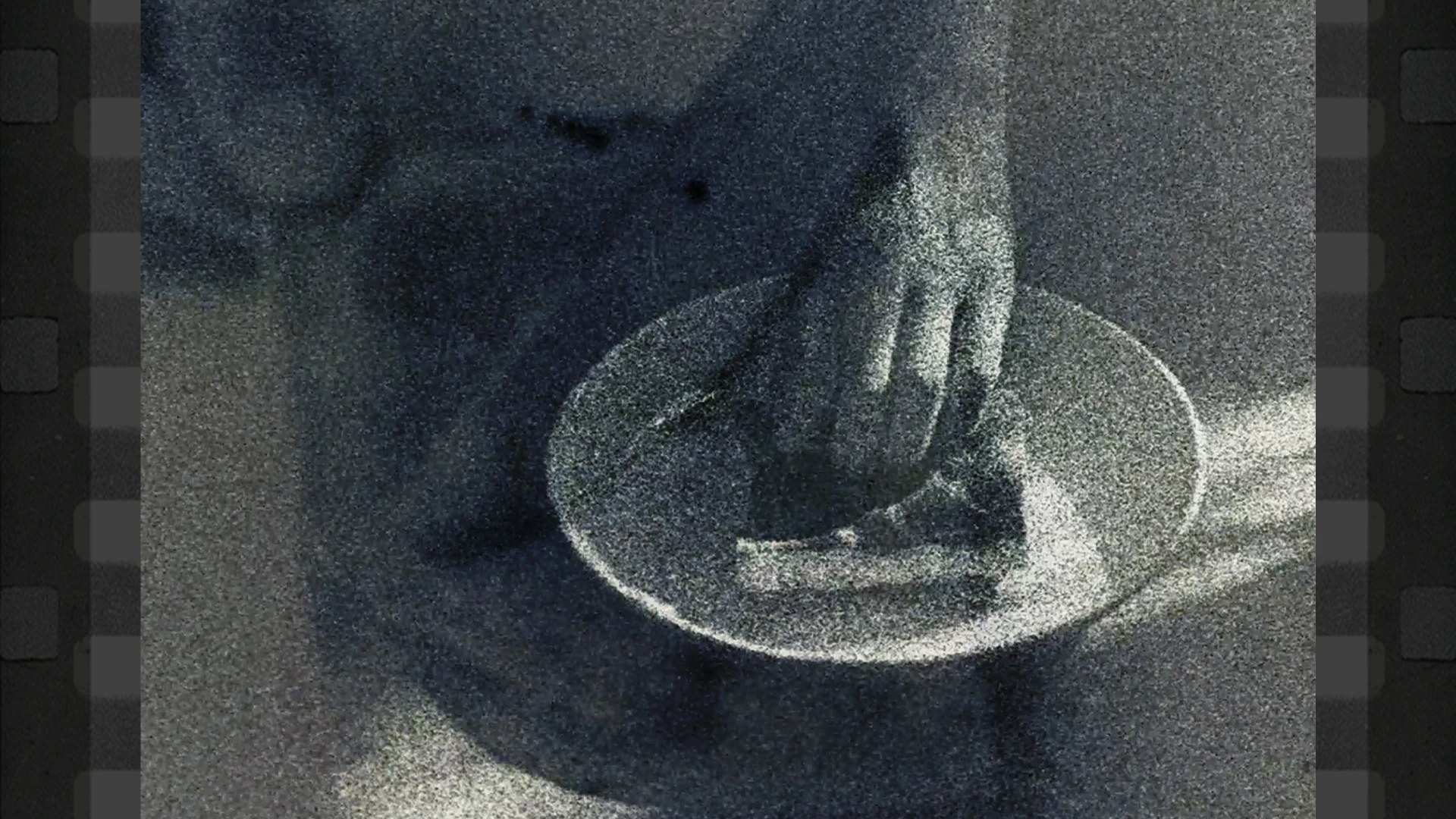DOUBLE BILL: SOMBER TIDES & NO MORE HISTORY WITHOUT US
About the Films
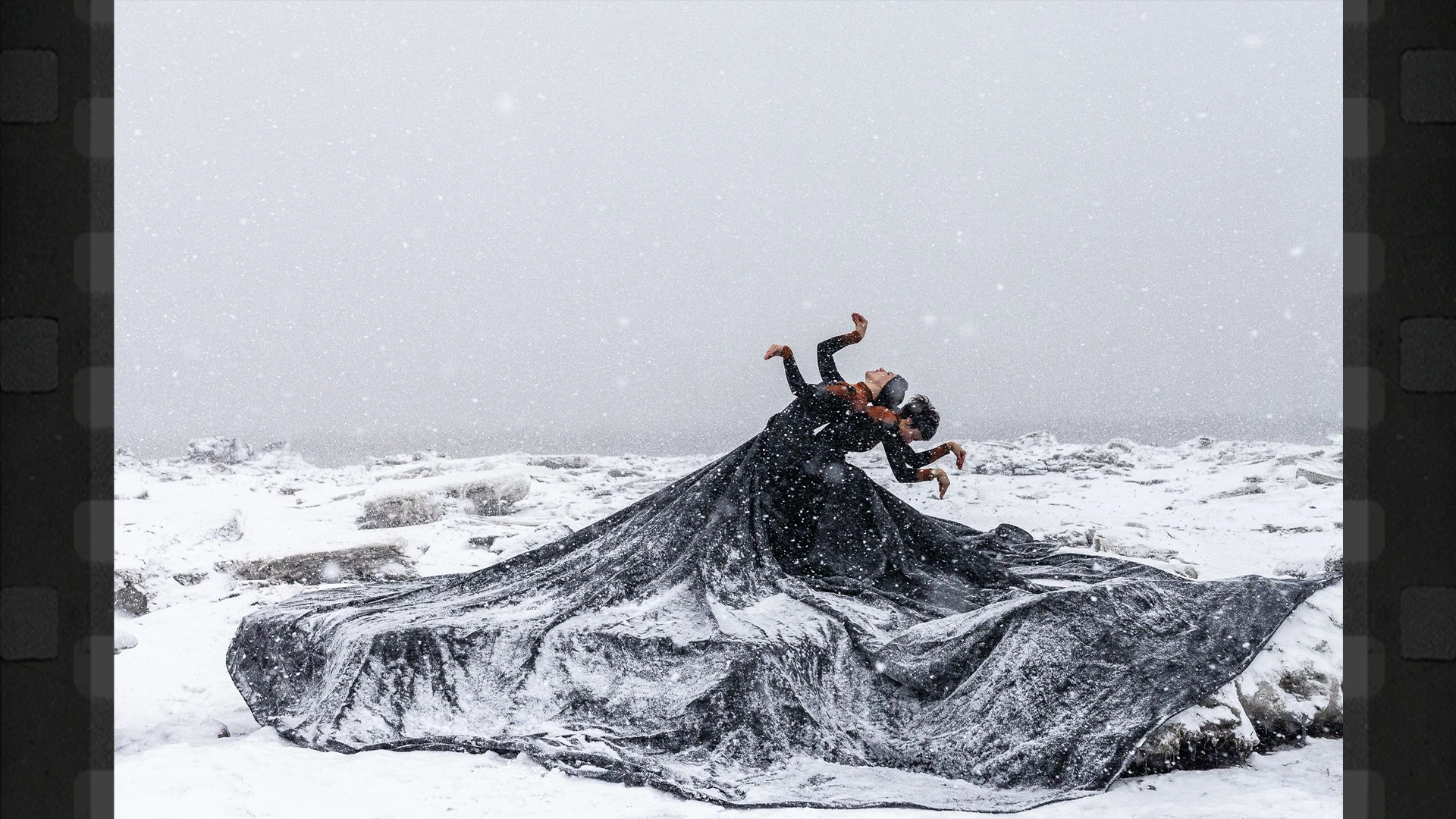
SOMBER TIDES (MARÉE NOIRE)
By Chantal Caron
A cry of the species, the drawing of a final breath before being swept away by extinction. Or conversely, a battle to survive against all odds.
In this short film directed by celebrated Quebec choreographer Chantal Caron, two dancers personify geese inhabiting the Saint Lawrence River in North America, which also serves as its magnificent backdrop. Somber Tides is poetry in motion and a poignant meditation on our relationship with the natural environment, reflecting on “the art of being whilst not destroying.”
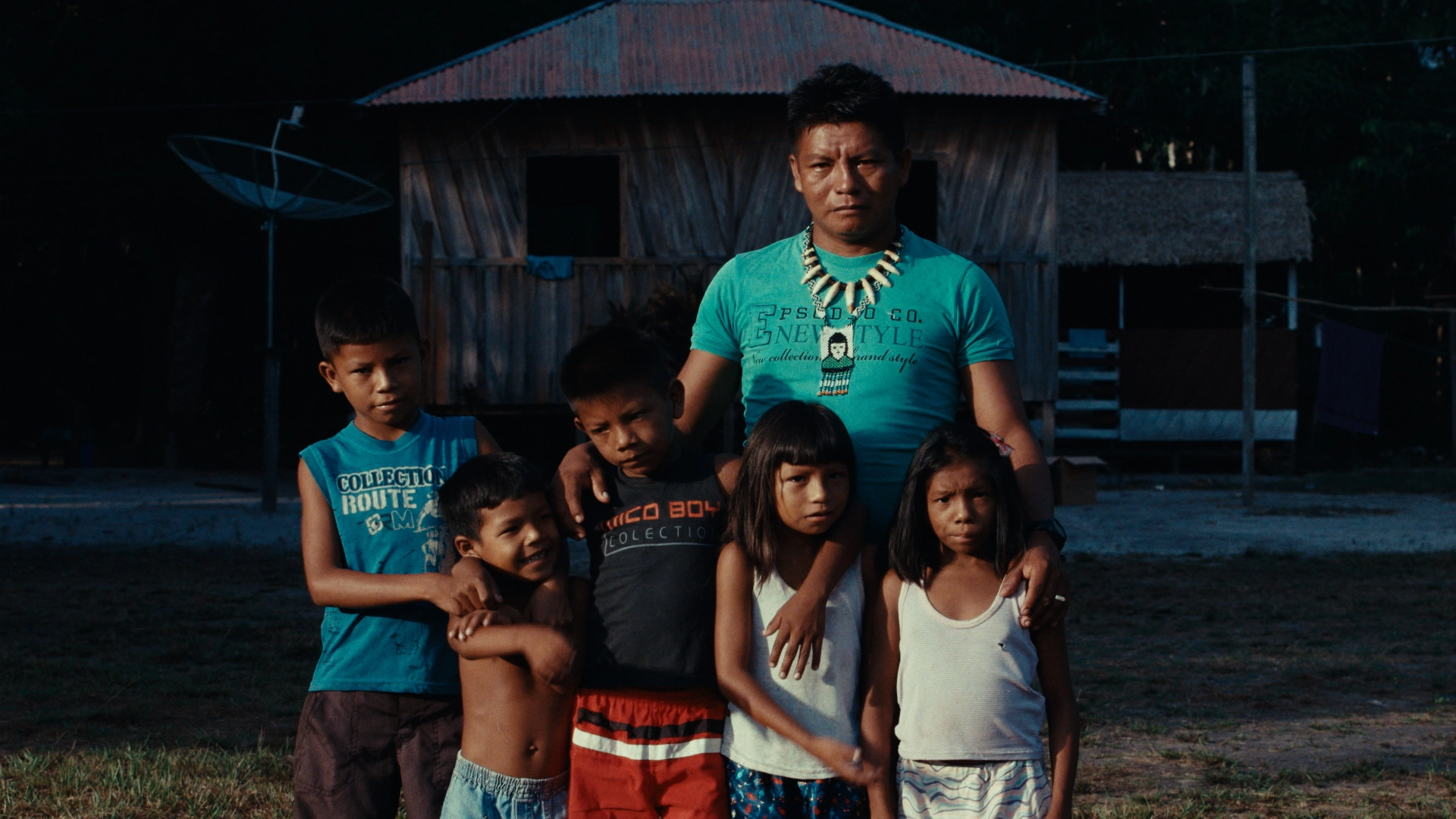
NO MORE HISTORY WITHOUT US (NÃO HAVERÁ MAIS HISTÓRIA SEM NÓS)
By Priscilla Brasil
In this essay film, director Priscilla Brasil sets out to re-examine a series of 19th century European writings and beliefs that have perpetuated the image of the Amazon as an inexhaustible resource to be exploited, and the notion that its peoples are inferior to the white man. Seeking to retrace the steps that led to these narratives, Brasil and her Amazonian collaborator make “the opposite journey” to Munich, Germany, from where imperialist explorers travelled to Brazil some 200 years ago with the goal of colonising it. However, the filmmakers soon realise that they were not going to be granted any level of access to the centuries-old specimens that were taken from their land and formed the basis for the so-called scientific findings about their communities. They proceed with the re-telling of their history.
Without the material traces that are locked away in the technical reserves of museums, the film intersperses archival footage and drawings of Indigenous peoples of the past with imagery of present-day Brazil. Accompanying the visuals is a voiceover discussing the profound impact of classifying humans by race, a widespread practice carried out for scientific inquiry in the 19th century. It had legitimised occupation by “civilised” European settlers, as a means of “whitening” the population to save it from the so-called degeneration that was believed to be biologically rooted in Indigenous communities. It had justified the abduction of natives from the tropics, who were displayed as exotic exhibits in world fairs and used for experimentation. It rationalised the continued depletion of the rainforest, which now threatens our very existence. The film asserts that it is ironically the ancestral knowledge of those who have been subjugated in the name of progress, which will be able to provide a viable alternative to the excesses of colonial violence. Framed as a manifesto, No More History Without Us calls for a re-opening of all the paths that close when Amazonians attempt to think and speak for themselves. It stands as part of a new wave of postcolonial cinema—clear-eyed and essential.
In 2024, No More History Without Us won Best Feature Film at Environmental Film Festival (FICA) in Brazil, and Best Documentary Film at Bali International Film Festival (Balinale).

